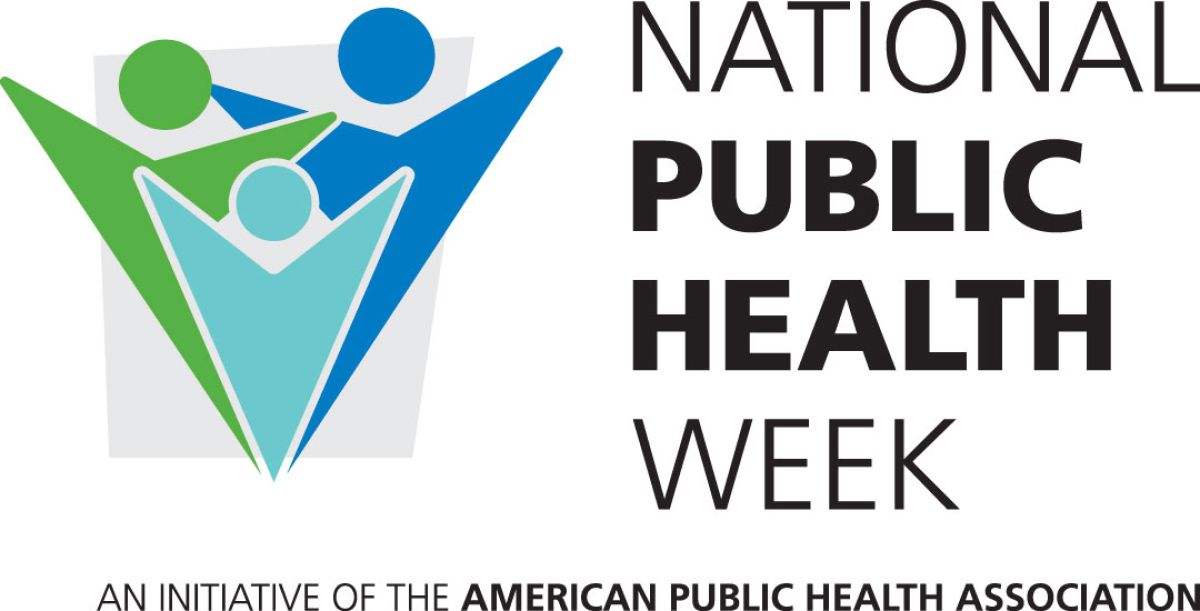
National Public Health Week: How Public Health Has Evolved Since the Pandemic
Public health's primary concerns are preventing the spread of disease, prolonging lives, and promoting physical and mental well-being. To this end, the American Public Health Association (APHA) sponsors National Public Health Week (NPHW), which occurs during the first full week of April each year. The APHA develops and advances numerous public health programs throughout the year and provides educational resources to practitioners, public health experts, and educators to help communities.
The 2022 theme is Public Health is Where You Are, focusing on the impact of community or location on health. This year’s theme also sheds light on the cultural, linguistic, and other barriers people face when accessing healthcare, resources, and information. NPHW is an excellent opportunity to remind providers and experts to listen more to the needs of LGBTQ+, Black, and other communities of color, for whom access to public health has not always been adequate or fair.
Public Health Before and Since the Pandemic
NPHW highlights critical health issues and addresses underlying causes of poor health outcomes. The first NPHW took place in 1955 and has since recognized public health achievements over the decades, including centralized authorities learning to take preventive actions to reduce a population’s exposure to transmissible diseases.
Often prompted by natural disasters and wars, U.S. public health has seen the advancement of medicine through trial and error. It has also spearheaded many organized initiatives to enhance community life through sanitation, disease control, and medical care. Public health has often clashed with social and religious systems when promoting family planning, immunization, and other controversial campaigns.
The onset of the coronavirus pandemic brought to light the need for significant overhauls in reaching out to target communities, closing equity gaps, and harnessing technological advancements. After the first confirmed COVID case was discovered in the U.S., the Centers for Disease Control and Prevention (CDC) experienced delays creating websites to disseminate clear information and track the virus. Other agencies and experts used antiquated and underfunded communication and operational processes, leaving many state authorities too overwhelmed to do adequate contact tracing.
The pandemic has also brought attention to several interrelated issues, including opioid overdoses, poor mental health, and the effects of long-haul COVID. Also, public health experts, scholars, and policymakers have recognized the glaring inequalities and other problems that COVID-19 has exacerbated. In addition to modernizing systems supporting research and outreach, public health needs to evolve in ways that create more health equity and better outcomes.
Develop More Trustworthy Messaging
Medical science has made tremendous progress but serves little good if the public does not understand or respect its merit and application. Public health experts and educators must continue to enhance their communication so that diverse audiences are more likely to accept and adopt critical interventions. Also, explanations of medical advancements like vaccines need to do more to create understanding and elicit greater public trust in science.
Boost Public Health Emergency Preparedness
The COVID outbreak should not overshadow other crises that require our consideration. Public health experts can collaborate with community leaders, policymakers, and researchers to argue for increased funding of essential federal programs, such as the Hospital Preparedness Program, which can help mitigate burdens on medical care.
Address Social Determinants of Health and Promote Health Equity
Combatting health crises and preventing the spread of disease requires examining social determinants of health (SDH) and their influences on outcomes. SDHs include the environmental conditions in which people live, work, go to school, or carry out other everyday functions.
SDHs also include economic opportunities, infrastructure, housing, transportation, food availability, and other factors that affect various health outcomes and risks. Deficiencies in any of these areas can contribute to poor health. These discrepancies expand health disparities among communities, contributing to greater risks among marginalized groups.
Increase Funding to Public Health Infrastructure
Our infrastructure consists of systems that promote health, prevent disease, and enhance emotional well-being. These systems include a healthcare workforce, updated communications systems, and surveillance networks. Public health initiatives can draw attention to increased funding for these systems to help maintain current health and safety and prepare for future disasters.
Invest in the Prevention or Mitigation of Other Health Crises
In addition to COVID-19, other health crises like morbid obesity, opioid overdoses, heart disease, smoking, and type 2 diabetes need attention. Instead of examining each issue in isolation, experts should continue investigating their interconnectedness. For example, people with at least one chronic condition are at a heightened risk of severe illness or hospitalization after contracting the coronavirus.
Research and materials for this article were compiled, written, and distributed on behalf of the National Public Health Information Coalition. The views and opinions expressed in this blog are those of the various authors and do not necessarily reflect the official policy or position of the National Public Health Information Coalition or its members.
References
https://www.apha.org/events-and-meetings/national-public-health-week
https://nationaltoday.com/national-public-health-week/
https://jamanetwork.com/journals/jama/fullarticle/2776207
https://ajph.aphapublications.org/doi/10.2105/AJPH.2020.305861
https://www.phe.gov/Preparedness/planning/hpp/Pages/default.aspx
https://health.gov/healthypeople/objectives-and-data/social-determinants-health
https://www.healthypeople.gov/2020/topics-objectives/topic/public-health-infrastructure
https://www.cdc.gov/coronavirus/2019-ncov/need-extra-precautions/people-with-medical-conditions.html

